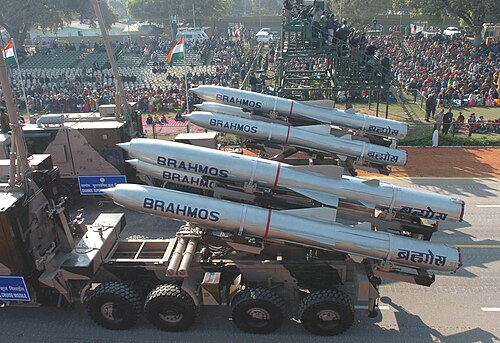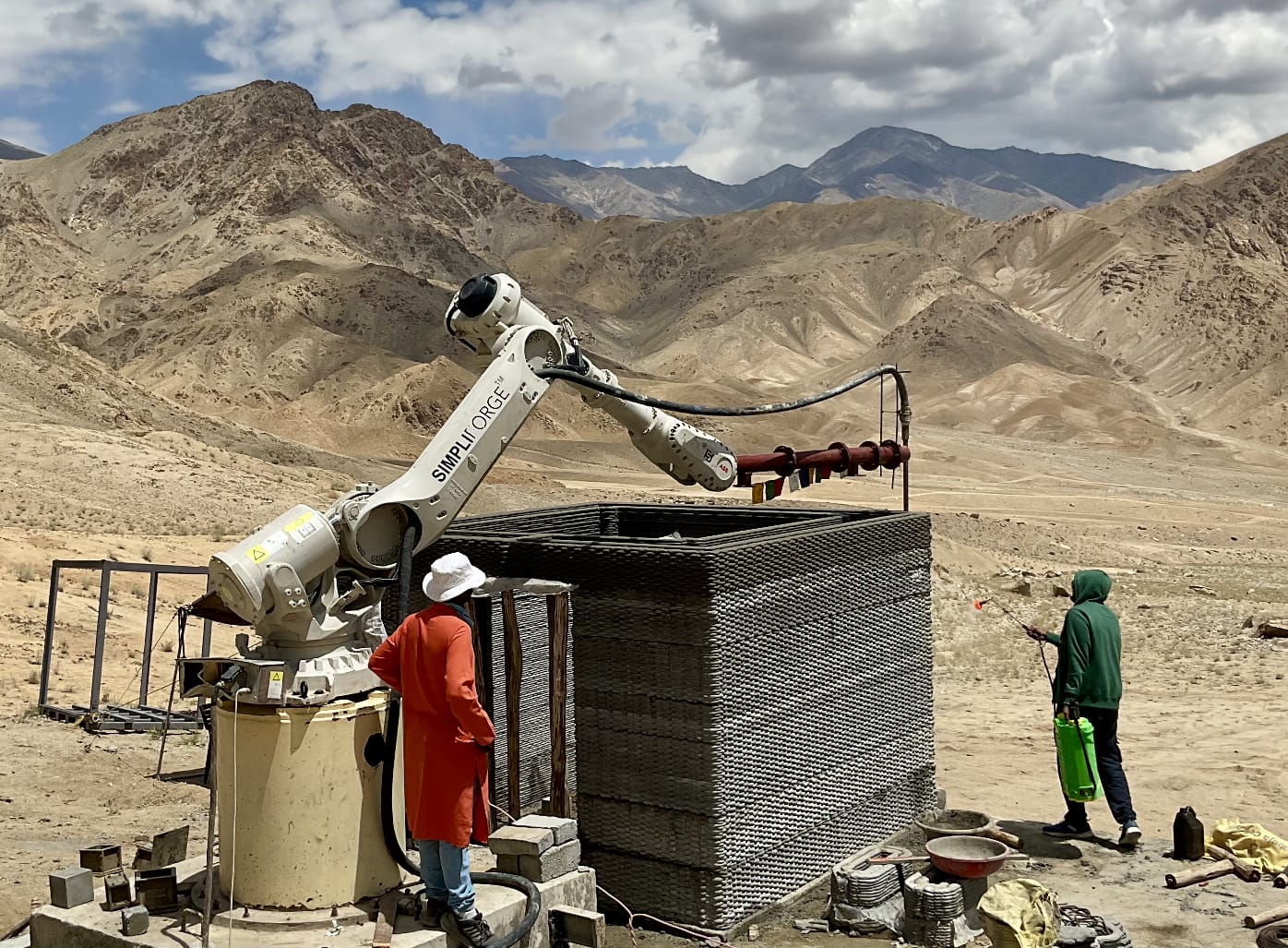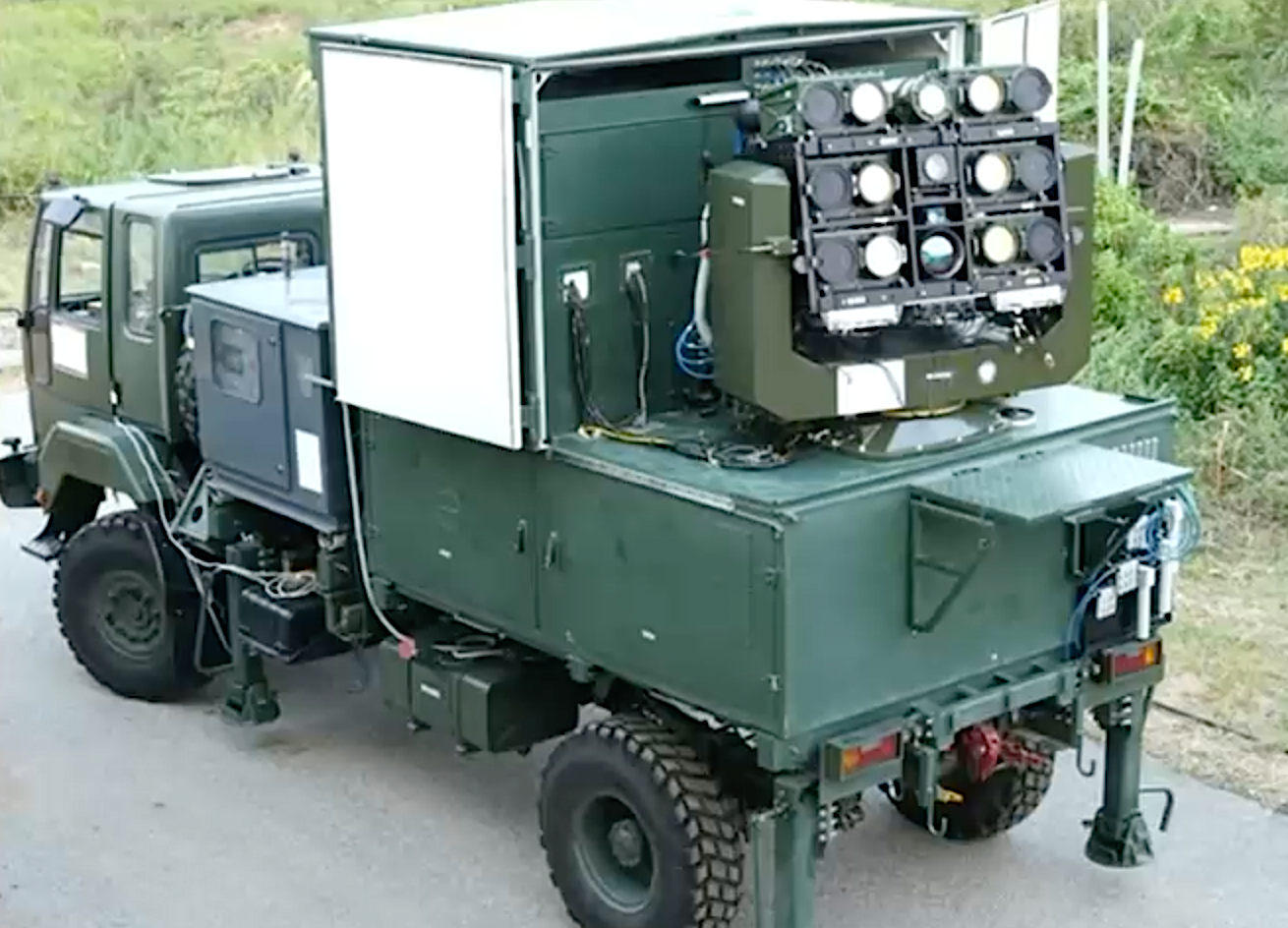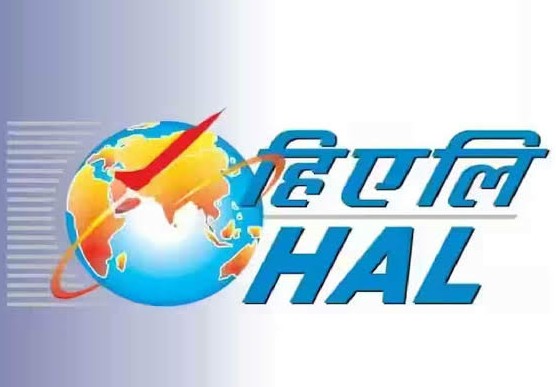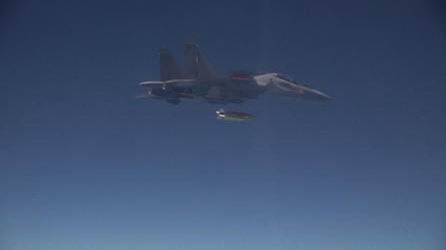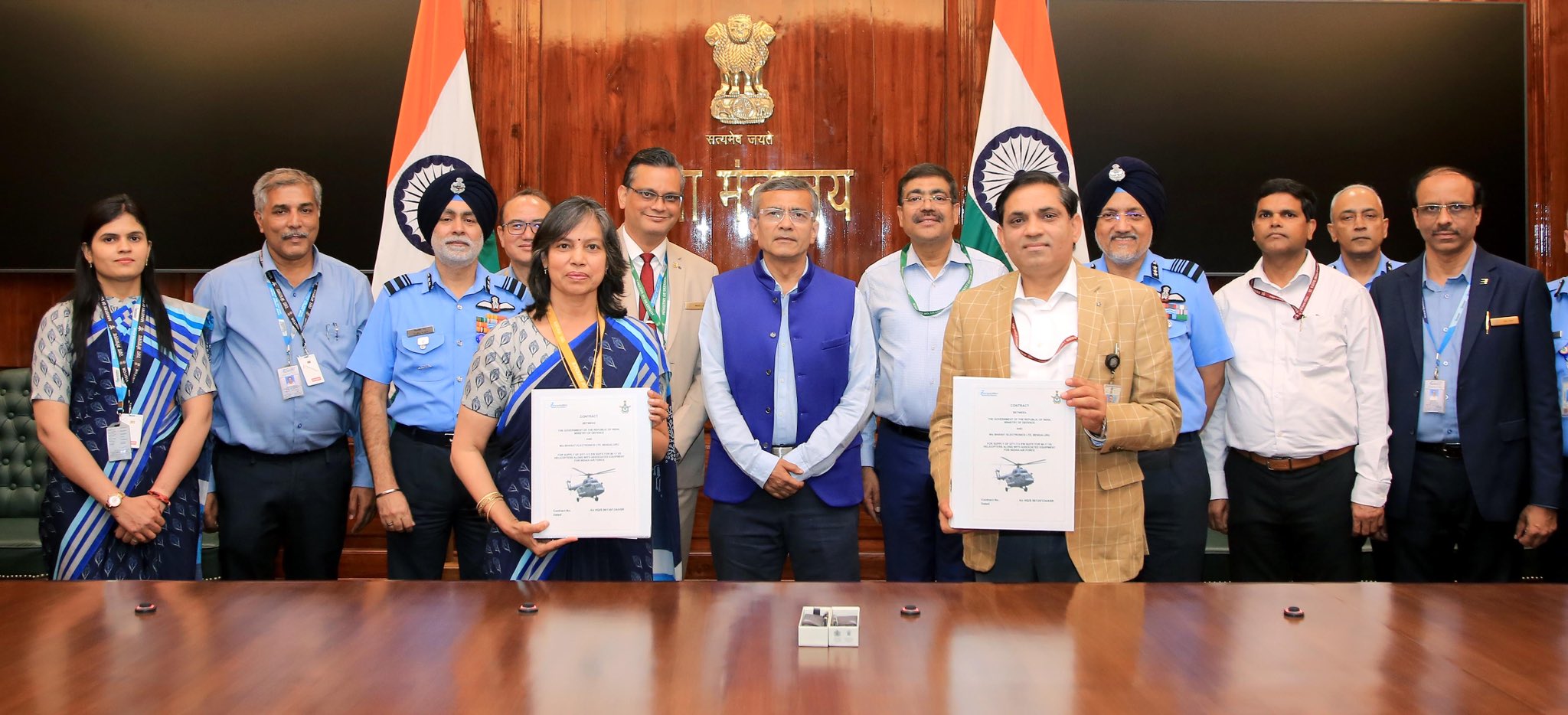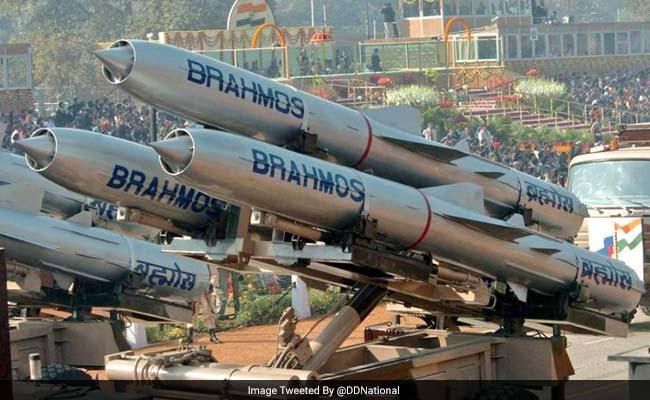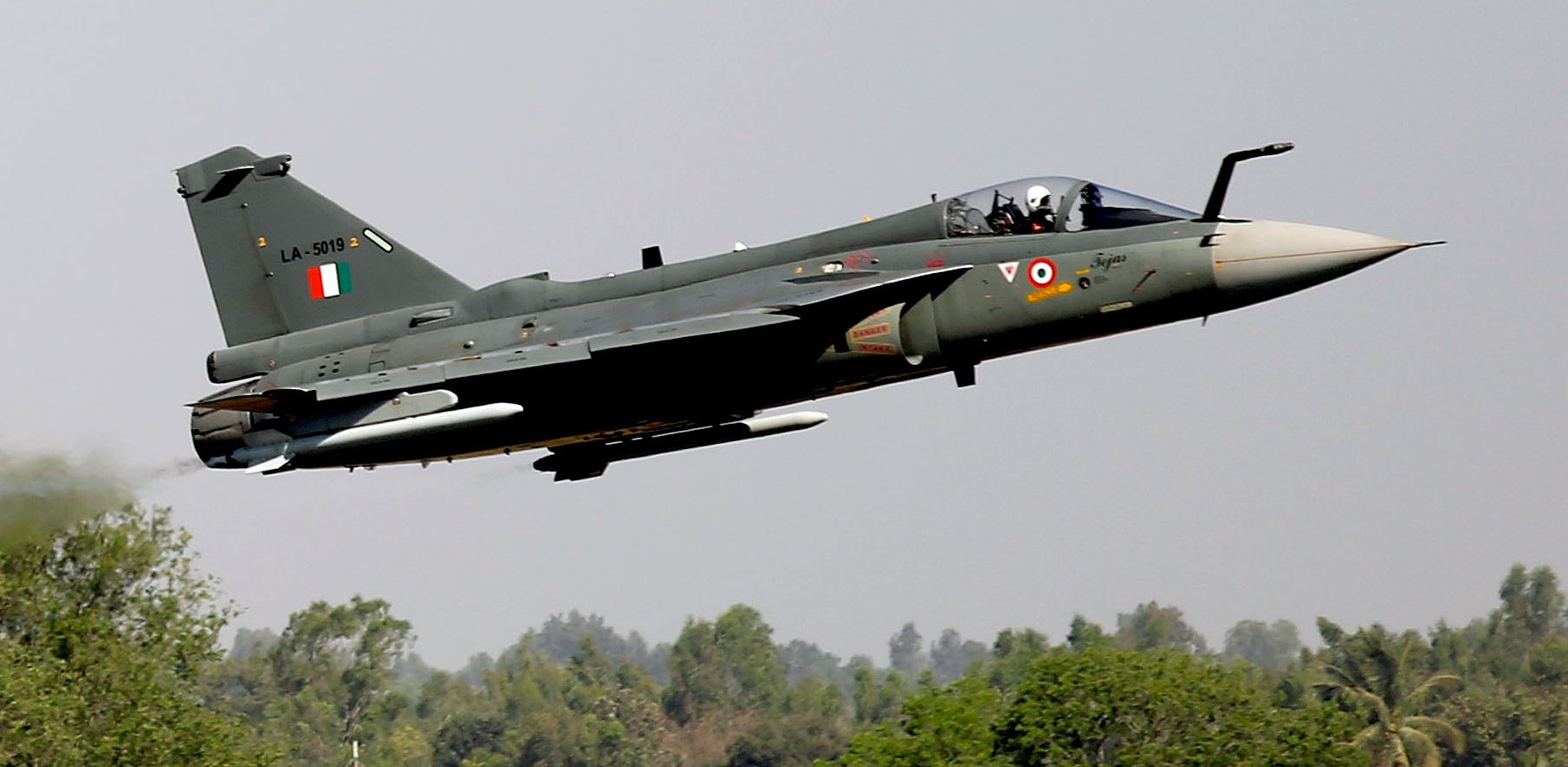 Indian soldiers keeping 155mm shells in line before firing at Pakistani positions with Bofors artillery guns during the 1999 Kargil war. (Photo via Facebook for representation.)
Indian soldiers keeping 155mm shells in line before firing at Pakistani positions with Bofors artillery guns during the 1999 Kargil war. (Photo via Facebook for representation.)
New Delhi: The state-owned Pune-headquartered Munitions India Limited (MIL), a prominent player in India’s defence sector, has secured a significant export order of 155-millimetre artillery shells from Saudi Arabia. The $225 million (₹1,867.5 crore) deal marks a major milestone in India’s defence export capabilities and underscores the strengthening of military ties between the two nations.
Under this contract, MIL will supply artillery ammunition to the Royal Saudi Land Forces (Saudi Arabian army). The agreement was inked during the World Defence Show – 2024 (WDS-2024), which concluded in Riyadh on Thursday. The signing ceremony witnessed the presence of key dignitaries, including Ahmad Abdulaziz Al-Ohali, the governor of Saudi Arabia’s General Authority of Military Industries (GAMI), and India’s junior defence minister, Ajay Bhatt.
This lucrative deal follows a series of bilateral military exercises between India and Saudi Arabia, including the ongoing exercise, “Sada Tanseeq”, with the Indian Army’s mechanized infantry, as India Sentinels had reported earlier.
This agreement also solidifies MIL’s global presence. It may be noted that the company already holds existing export orders of around ₹400 crore for supplying ammunition to Middle Eastern countries.
Apart from this, MIL is actively engaged in developing India’s first 155mm “smart ammunition” in collaboration with the Indian Institute of Technology, Madras (IIT-Madras). This ambitious project seeks to achieve indigenization by significantly improving the accuracy of the 155mm shell, reducing the circular error probability (CEP) from the current 500 metres to just 10 metres. The initiative also aims to enhance lethality at the terminal impact point.
In the sidelines of the WDS, Bhatt held discussions with Saudi Arabia’s defence minister, Prince Khalid bin Salman bin Abdulaziz Al-Saud, and the kingdom’s assistant minister of defence, Khaled Al-Bayari. These talks explored avenues for collaborative efforts in defence production, research, development, and niche technologies.


